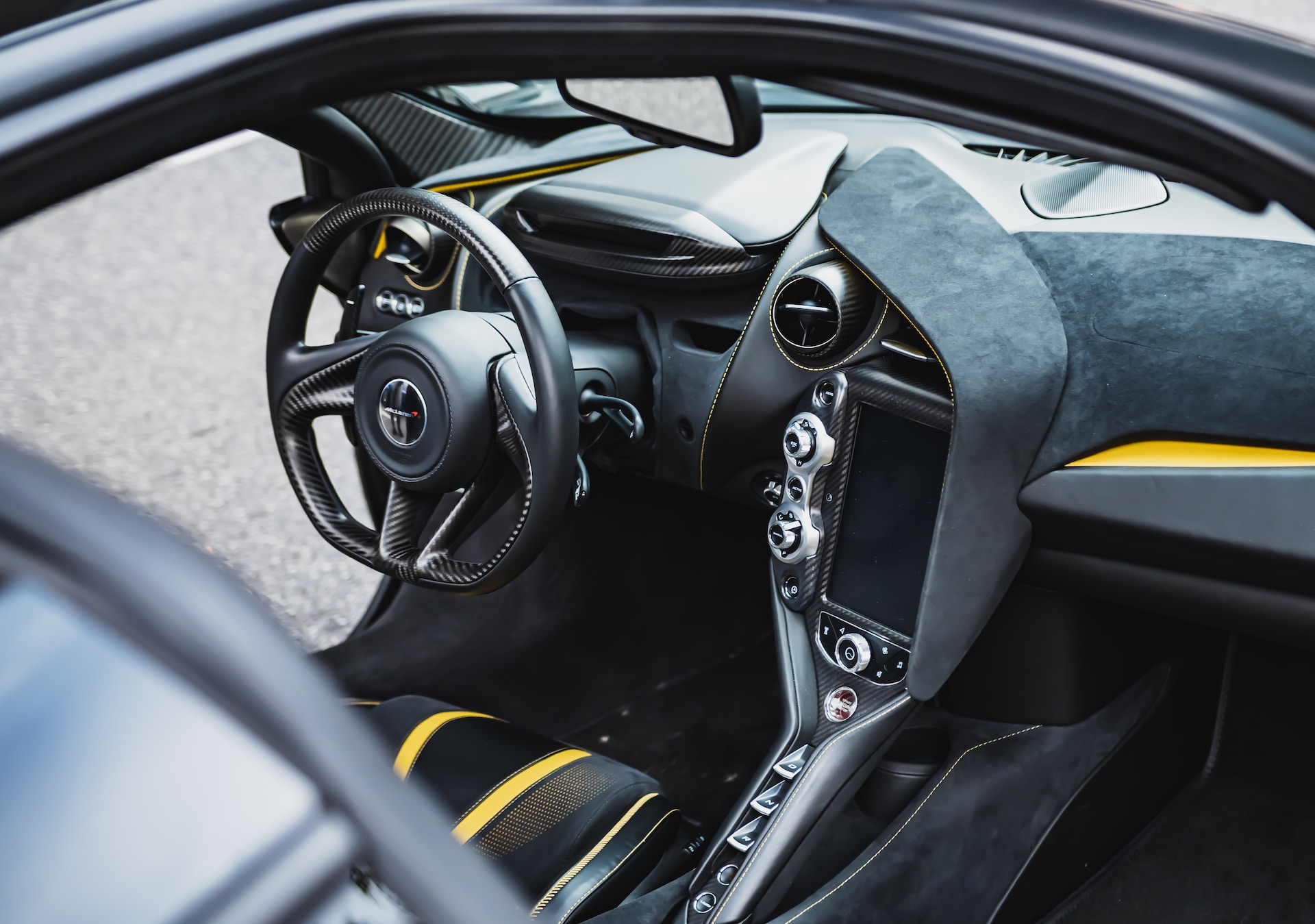Are you contemplating the sale of your car but unsure of where to begin? Do you want to get rid of your old vehicle as soon as possible and get the most money for it?
Selling a car can be a daunting task, especially if you’re not familiar with the process or the market. You may have to deal with advertising, paperwork, potential buyers, negotiations, and payment methods. You may also have to compete with other sellers who are offering similar cars at lower prices.
How to price your car realistically
One of the most important steps in selling your car is setting the right price. Setting the price of your car too high may deter prospective buyers. If you price it too low, you’ll lose money and regret it later.
To price your car realistically, you need to do some research and compare similar cars in your area. You can use online tools to see what other sellers are asking for their cars. You can also check dealerships in your area or get a free valuation.

You should also consider factors like the age, mileage, condition, service history, and features of your car. A newer, lower-mileage, well-maintained, and fully-equipped car will fetch a higher price than an older, high-mileage, poorly-maintained, and basic car.
It’s important to maintain flexibility and a willingness to engage in negotiations with potential buyers. Don’t stick to a fixed price that may not reflect the current market demand or the buyer’s budget. Be prepared to lower your price slightly if the buyer makes a reasonable offer.
How to choose the best way to sell your car
There are many ways to sell your car, but not all of them are suitable for everyone. Depending on your situation, you may prefer one method over another.
The most common ways to sell your car are:
- Part-exchange: This is when you trade in your old car for a newer model at a dealership. This is convenient and fast, but you may not get the best price for your car.
- Private sale: This is when you sell your car directly to another person through online platforms or word-of-mouth. This can get you more cash, but it may take longer and involve more work.
- Online sale: This is when you sell your car through an online service like http://otomobile.pl/. This can get you the best price from thousands of verified dealers who compete for your car. This is simple, quick, and transparent.
Consider the advantages and disadvantages of each option, then opt for the one that aligns with your needs and preferences.
How to prepare your car for sale
Another crucial step in selling your car is preparing it for sale. This means making sure your car looks good, runs well, and has all the necessary documents.
You should clean your car inside and out and make sure it’s generally tidy. A dirty or messy car will give a bad impression to buyers and make them think you don’t care about your car. You should also repair minor paintwork damage or simple mechanical faults that may affect the performance or appearance of your car.
You should also get a new MOT, particularly if there’s less than three months on the current one. A valid MOT certificate will reassure buyers that your car is roadworthy and safe. You should also have the service book, log book, spare keys, manuals, receipts, and any other documents that prove the history and ownership of your car.
How to deal with buyers and close the deal
The final step in selling your car is dealing with buyers and closing the deal. This involves answering enquiries, arranging viewings and test drives, negotiating a fair price, and ensuring payment takes place in a safe and legal way.
You should be honest and polite when communicating with buyers. You should answer their questions clearly and provide them with accurate information about your car. You should also be prepared to show them your car and let them inspect it and drive it.
You should also be confident and firm when negotiating a price. You should know the minimum amount you’re willing to accept and stick to it. You should also avoid accepting offers that are too low or too good to be true.
You should also be careful and cautious when receiving payment. You should avoid accepting cash, cheques, or money transfers that may be fraudulent or bounce. You should also avoid giving away your car until you have received the full payment and have the buyer’s details.
You should also complete the necessary paperwork and inform the relevant authorities of the sale. You should fill out the transfer section of the log book and send it to the DVLA. You should also cancel your insurance, tax, and MOT.

